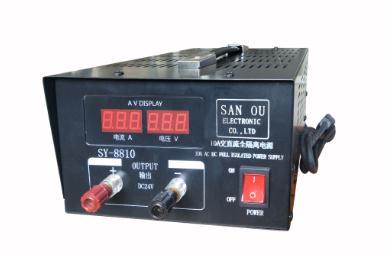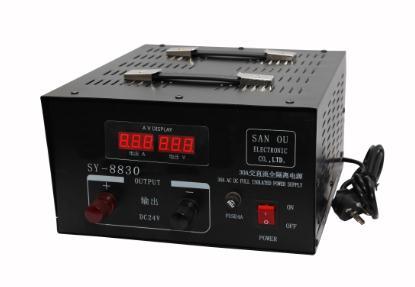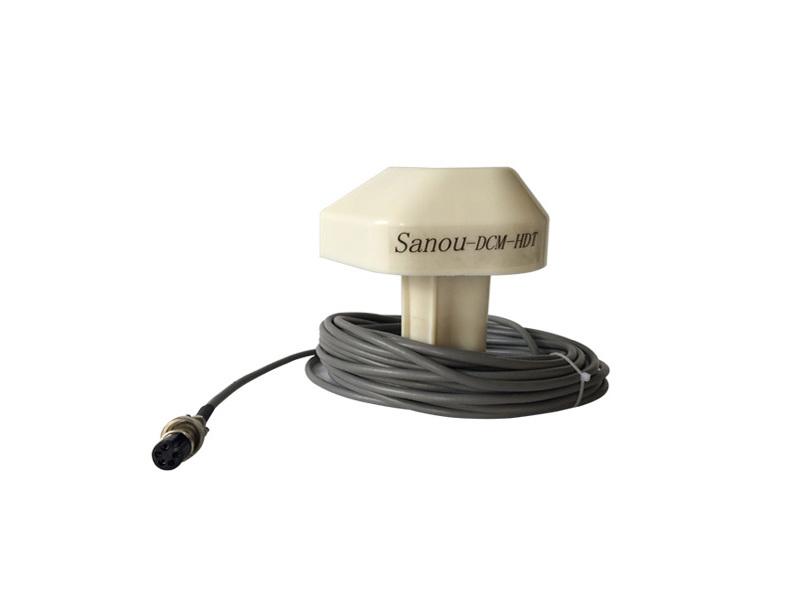News Center
Essential Insights into Marine Solar Navigation Lights for Your Maritime Needs
One of the primary advantages of marine solar navigation lights is their independence from traditional electrical systems. This feature is particularly beneficial for smaller vessels, where space and weight considerations are crucial. By utilizing solar panels, these lights charge during the day, allowing them to operate at night without consuming valuable onboard power. This not only reduces energy costs but also minimizes the maintenance associated with traditional lights, which often require regular bulb replacements.
Installation of marine solar navigation lights is relatively straightforward. Most models come with mounting hardware and user-friendly instructions. It is essential to choose a location on the vessel that maximizes sunlight exposure while ensuring that the lights are visible from all necessary angles. Proper positioning is critical, as inadequate sunlight can lead to insufficient charging, affecting the performance and reliability of the lights at night.
In terms of maintenance, marine solar navigation lights are designed for durability, often featuring weather-resistant materials that can withstand harsh marine environments. Routine checks are advisable to ensure that the solar panels remain clean and free from debris, as any obstruction can impede sunlight absorption. Additionally, inspecting the integrity of the mounting and wiring will help prevent potential issues over time.
When selecting marine solar navigation lights, consider factors such as brightness, range of visibility, and battery life. Different vessels may have unique requirements based on their size and type of operation, so it’s important to assess which specifications align best with your maritime activities. Furthermore, many marine solar navigation lights come with various color options, allowing for compliance with international maritime regulations regarding signaling.
In summary, marine solar navigation lights offer an eco-friendly, efficient solution for maritime safety. Their ease of installation and low maintenance make them a practical choice for both commercial and recreational vessels. By understanding the advantages and best practices associated with these lights, professionals in the electrical and maritime industries can make informed decisions that enhance safety on the water. Investing in high-quality marine solar navigation lights is not only a step towards sustainability but also a commitment to ensuring safe navigation for all maritime operations.
Related News
Understanding the Benefits of a 1 in 4 Out Signal Distributor for Electronic Components
Understanding the Benefits of a 1 in 4 Out Signal Distributor for Electronic Components Table of Contents 1. Introduction to Signal Distribution 2. What is a 1 in 4 Out Signal Distributor? 3. Key Advantages of Using a 1 in 4 Out Signal Distributor 3.1 Enhanced Signal Integrity 3.2 Improved Signal Distribution Efficiency 3.3 Flexibility in System Desi
Understanding the 1 in 10 Out Signal Distributor: A Key Component in Optoelectronic Applications
A 1 in 10 out signal distributor is a specialized electronic device that takes a single input signal and replicates it across multiple output channels—in this case, ten outputs. This function is crucial in various applications, including telecommunications, broadcasting, and data transmission systems. The ability to distribute a single signal to multiple outputs ensures that information can reach
Unlocking the Benefits of the Furuno 1831 Radar with a Quality 24 Pin Square Plug
Unlocking the Benefits of the Furuno 1831 Radar with a Quality 24 Pin Square Plug Table of Contents 1. Introduction to Furuno 1831 Radar 2. Key Features of the Furuno 1831 Radar 3. Advantages of Using a Quality 24 Pin Square Plug 4. Installing the Furuno 1831 Radar with a 24 Pin Square Plug 5. Maintenance Tips for Optimal Performance 6. Troubleshooting Common




